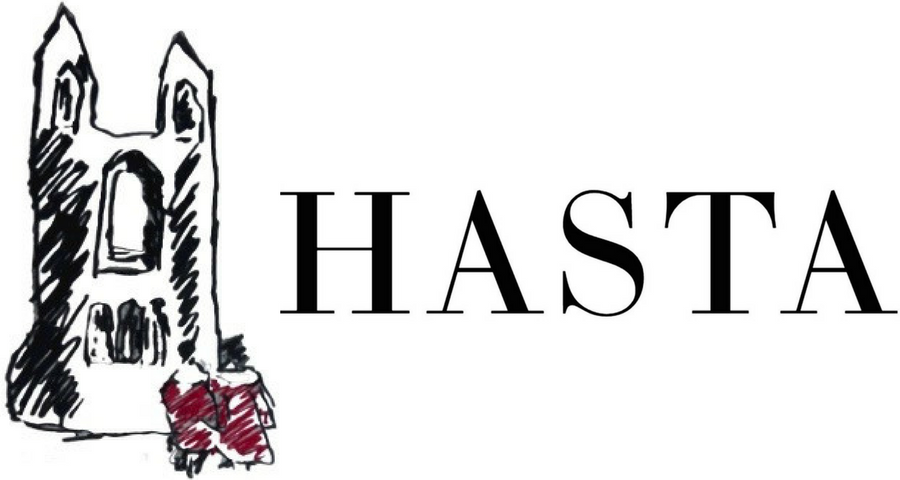In Art History We Trust
By Martyna Majewska
I was going to write a few words about this year’s Power 100 list recently published by the Art Review. I was going to note that this prestigious list of the mighty of the art world is now topped by a couple of extremely wealthy art dealers, and that this has made some people unhappy. I would probably have concluded by saying something along these lines: “What do you expect? The art world is and has always been profit-driven and elitist. Keep calm and carry on.” But as I was reading the responses to this year’s edition the Art Review list, trying to convince myself that one’s “power” in the arts is not directly proportional to one’s resources, my friend Amy sent me an important article.
Bored as I was by exploring how all the Wirths, Zwirners, and Gagosians had amassed their incredible fortunes, I went ahead and read the Artsy piece. I quickly realised three things: (1) the text had been written by my former Penn classmate Isaac, (2) it frequently cited my former professor, Gwendolyn DuBois Shaw, (3) it might actually explain to me, my fellow art history students and, most importantly, to my parents and other sceptics, why studying History of Art is worthwhile at all. I am aware that many have already attempted to prove that Art History is not a useless degree, but doing it without acknowledging the discipline’s nuts and bolts is usually tantamount to merely reiterating idealist and often corny truisms. That is why I suggest that you have a look at Isaac’s editorial.
I recommend it especially to those of you who have ever doubted the usefulness of a degree in Art History (i.e. all of us during exams, I suppose) and even more so to those of you who have been mocked by someone else for studying a useless subject. For one thing, as Isaac points out at the beginning, even President Obama has ridiculed our degree. If he has done it in front of millions, how can we possibly blame our parents for telling us that instead of learning “skilled manufacturing or the trades,” to quote the third most powerful man in the world (and not just the art world), we are studying something that will leave us unemployed and embittered.
It is true, as the Artsy editorial shows, that our degree is often taken by politicians’ daughters or, more broadly, by the offspring of the rich. They don’t need to worry about finding a job afterwards – they’ve got not only their family collections to study and inventory but also the surnames and connections that will allow them to make ends meet. (If you’ve ever done an internship in a museum or gallery, you’ll probably know what kind of prospective art historians I am talking about.) Yes, if there’s one charge most frequently levelled at Art History, it would be its elitism.

